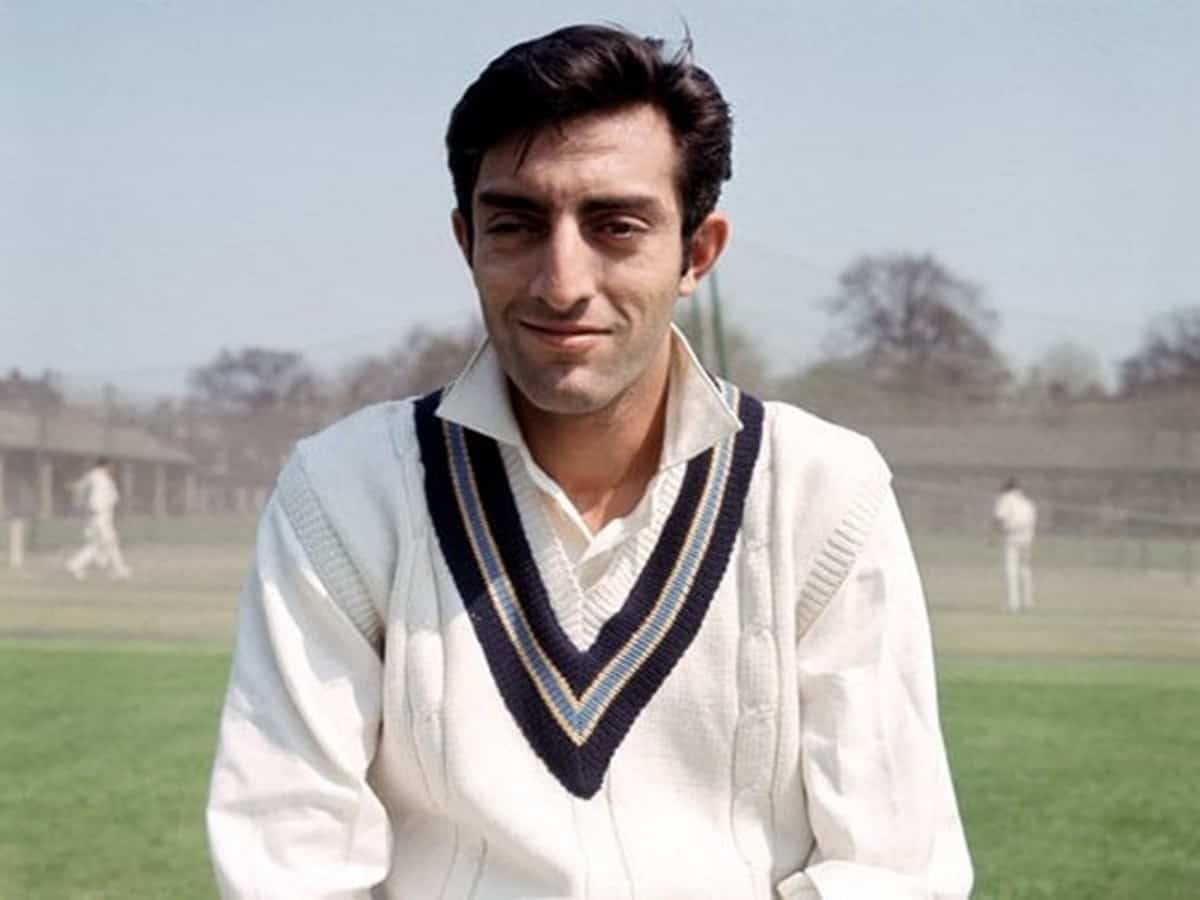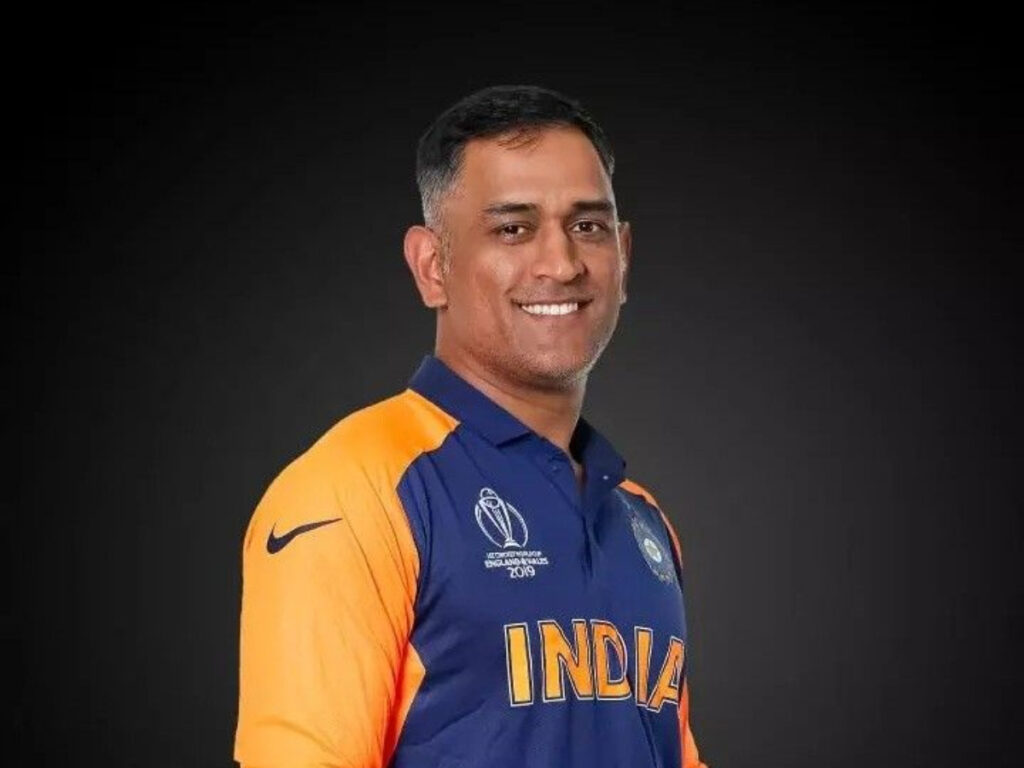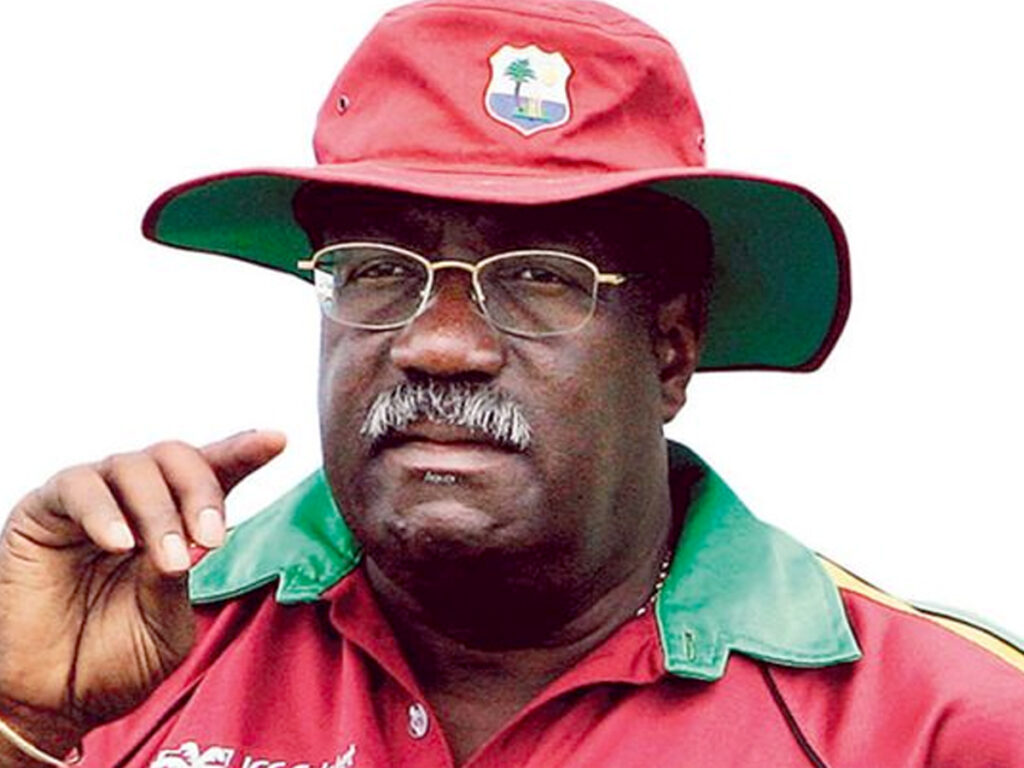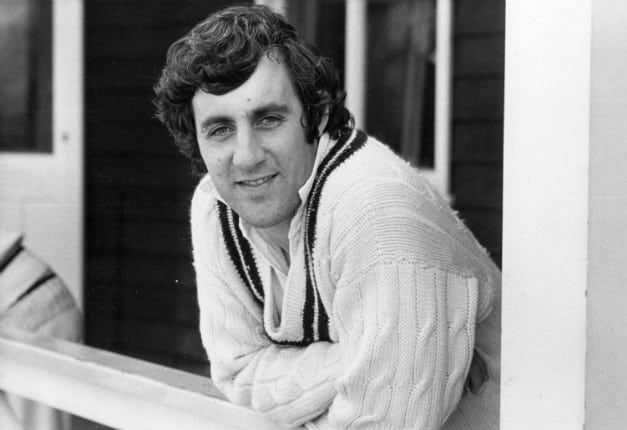
What are the qualities that make a cricket captain successful?
According to former England skipper Ray Illingworth, it is very important to be versatile. “A captain needs the patience of a saint, the diplomacy of an ambassador, the compassion of a social worker, and the skin of a rhino,” is what Illingworth has written in a book on captaincy. Selection headaches and internal politics may require even greater levels of adaptability on the part of the team leader.
One of India’s most successful captains was M S Dhoni. He was made captain almost by chance. It turned out to be one of the best decisions that were ever made by the BCCI. Dhoni is the only Indian captain to lift three big trophies namely the T20 World Cup (2007), the 50-over World Cup (2011) and the Champions Trophy (2013). Moreover he also took India to the top of the ICC Test rankings.

Dhoni had the ideal qualities to lead the team. He had the ability to remain calm and think clearly even when under great pressure in the battles. And he could also get the cooperation and obedience of his teammates. In this matter, Dhoni was fortunate that he was an established player whose talent and skill was evident in his game.

Mansur Ali Khan Pataudi’s case was very much the opposite. Pataudi was pitchforked into the post after Nari Contractor was injured. Being only 21 years old, Pataudi was one of the youngest players in the team. But he was put in charge. In his autobiography Tiger’s Tale, Pataudi describes how he had to lead his seniors against one of the most fearsome rivals in the world. It was a trial by fire. But he managed to get the cooperation of his seniors and in due course became a highly respected leader.

Clive Lloyd faced a rebellion within his ranks after losing the 1983 World Cup against India. The book, Fire In Babylon describes how Gordon Greenidge was one of his harshest critics. Facing a backlash after the loss, Lloyd offered to resign. But a few saner elements within the board eventually prevailed and he was retained as captain. Soon after that the West Indies came to India and Lloyd’s men took their revenge in no uncertain terms. So Lloyd’s captaincy regained firm ground. Lloyd, being an exceptionally brilliant batsman, also had that personal charisma to lead. The players generally looked up to him and he led by example.

Mike Brearley in his book titled On Form has stated that even captains can be in or out of form from time to time. Sometimes a captain can make all the right decisions by instinct. Something in his head tells him which bowler to bring in. Or where to place a fielder. Everything that he does turns out to be right. At other times, it all goes to pieces and every decision goes wrong. Why this happens is a mystery.
While Brearley was famous for his tact and man management skills, Alan Border was a different type of captain. He laid down the rules like a lawmaker of the Wild West, and it had to be followed. Those who did not follow would have to face the shooting. In Hyderabad we journalists had a brief glimpse of Border’s style. He was playing in a match at the Gymkhana Ground in Secunderabad when we asked him to spend a few minutes with us and answer some questions. He said: “OK gentlemen, I will give you ten minutes.”
But just when we started our conference by the side of the ground, it began raining. So we all scampered inside and arranged a few chairs in a vacant room. Border followed us inside and announced: “Gentlemen, you have wasted five minutes already.”
Thereafter we had asked barely three questions when the Aussie captain announced: “That’s it. I have given you the ten minutes that I had promised.” And he walked out of the room. His personality was like that. He just stuck to his guns under all circumstances.
So, different team leaders have different methods. There is no formula. It depends on each captain’s own mental makeup, their equation with the rest of the team and how they wish to handle their work. There is no prescription that will work under all circumstances. Success in leadership can be achieved by a variety of methods as each of the great captains has proved.



